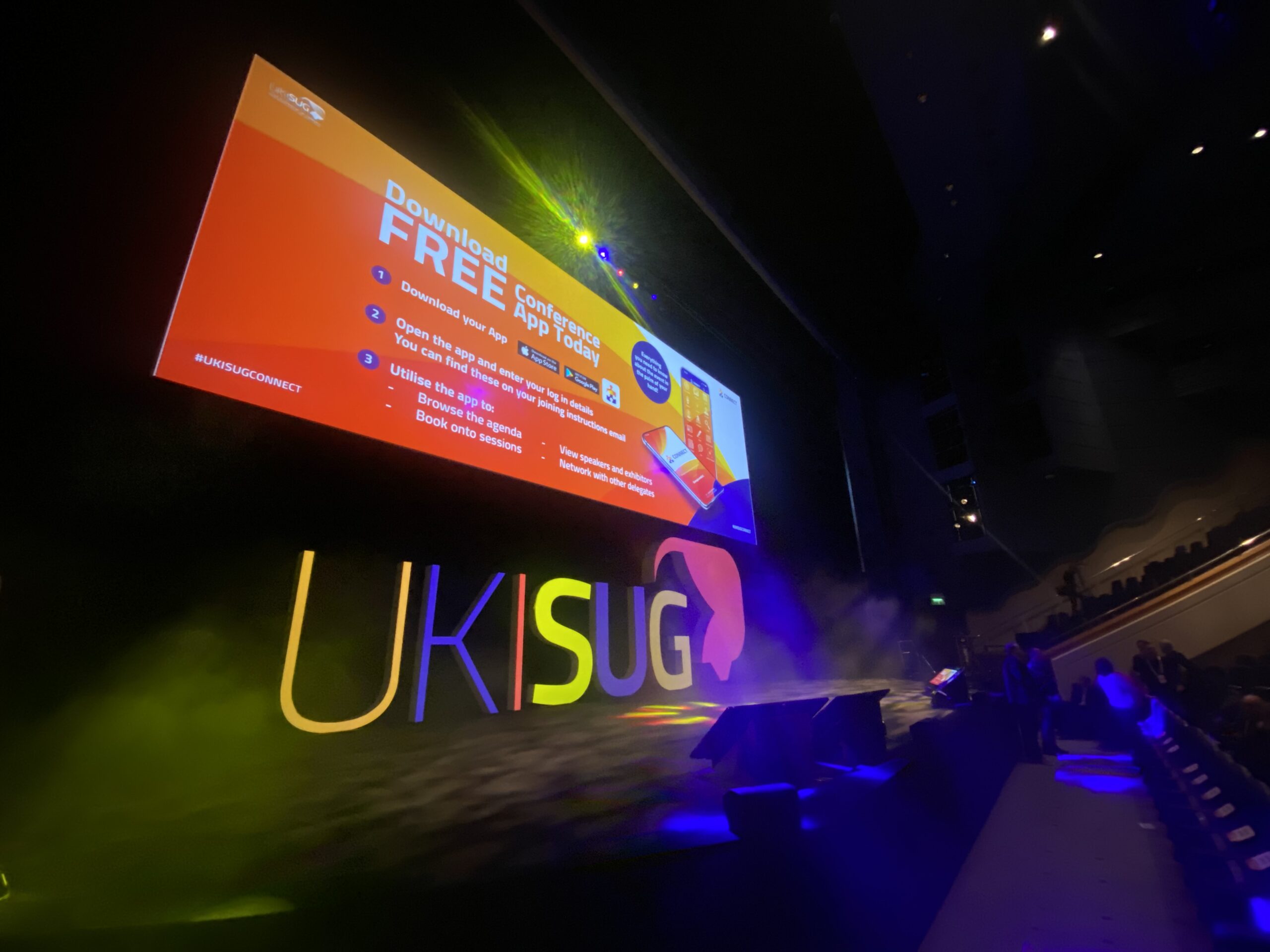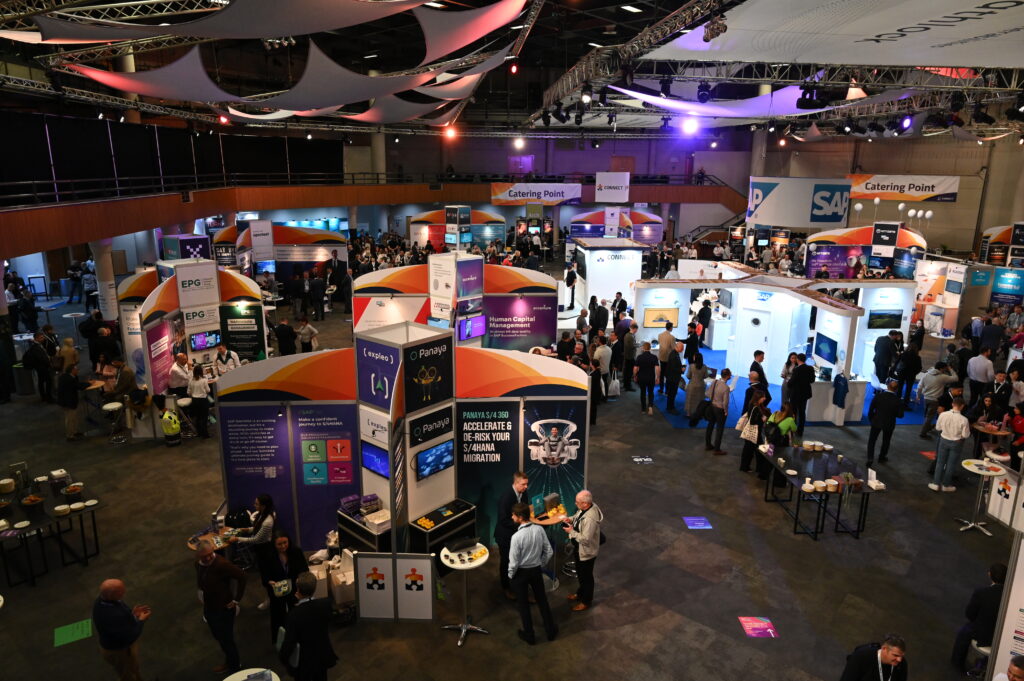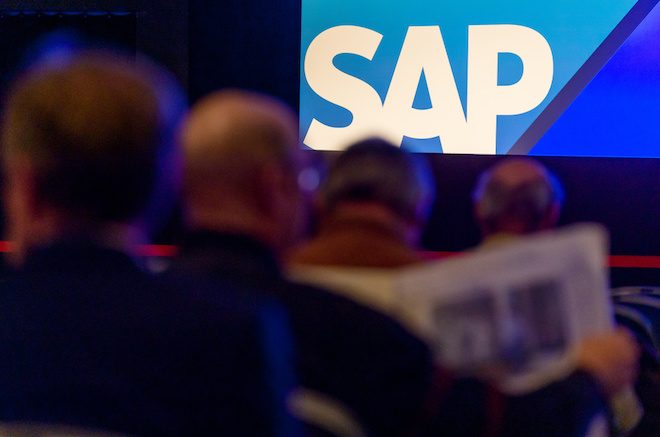With a fast turnaround for previous SAP UK&I execs, it’s hardly been a unified partnership between the vendor and its user network in the past. This year’s UKISUG Connect event at the ICC in Birmingham continued to bring a mixed bag of news for SAP.
User survey results were announced in the keynote, brought to an avid audience by UKISUG chairman Paul Cooper and chief executive Craig Dale, as well as managing director of SAP UK&I, Michiel Verhoeven.
A third of respondents said the amount of change management required was more than expected when moving to S/4HANA. Moreover, 92 percent were concerned a lack of available skills will slow their migration (an increase from 71 percent last year). Additionally, 36 percent said SAP does not provide customers with enough technical resources and training to help them, with a third also rating the training and technical resources provided by partners during implementation as either poor or very poor.
These are not happy statistics to come in the run-up to the planned obsolescence of the legacy SAP software ECC 6.0, with the 2027 deadline edging closer. It also follows the September announcement of a three percent price hike for SAP enterprise support and maintenance for on-premise customers.
Thankfully for the vendor, however, of those in the survey, more organizations are planning to use S/4HANA, with 89 percent either using or planning to use the software, up from 74 percent last year. Of this figure, almost three-quarters say they plan to make the move to S/4HANA in the run-up to the ECC 6.0 deadline – surely a relief for SAP chiefs after the deadline was pushed back by two years due to lack of uptake. The drivers, beyond that of the ECC deadline, were reported as new functionality and wider business transformation. Speaking to ERP Today, though, Cooper commented that these drivers are not performing well enough.
For the UKISUG chairman, when it came to marking SAP’s homework this time around, it showed a lack of improvement overall, remaining at a B+ level for the vendor. However, Cooper was confident in the influence UKISUG can exert on SAP to improve the customer experience.
Cooper said: “The move to S/4HANA is no doubt one of the biggest projects many of us are facing. Organizations still need to weigh up the overall impact of moving to the cloud (using RISE with SAP) on their overall SAP running costs. These survey results highlight the continued need for SAP and the partner community to help organizations build positive, benefits-driven, business cases. The numbers show that the business case reasons for S/4HANA are still lagging a long way behind the ECC 6.0 maintenance deadline. By this time next year, we will start to get a feel if there is enough time.”
“Communication is still challenging; there is that local/global scenario and that means the situation is not as agile as it could be.” Cooper continued: “We’ve got a really good relationship with Michiel, he wants to listen and to understand. There’s definitely been a greater degree of engagement. Now there is much more emphasis on what the user group can do for SAP and what they can learn. For me, skills are still the big issue. The increase in maintenance pricing is unsurprising, but we want to see success outcome teams pushing customers to get the best value.”
UKISUG further announced they will launch a user group S/4HANA academy next year. Dale, UKISUG chief exec, said: “We’ve worked with a group of customers to create a technical skills course and want to understand how you want to consume that training. Please talk to us and let us know as we go into 2023 how we can improve our community to help you and make your job and life easier.”
For ESG goals, the survey results revealed that 70 percent were now confident in SAP support. This follows a previous SAP survey that revealed nine out of ten UK businesses on the whole connected long-term profitability with sustainability, but struggled with using and measuring data to substantiate their eco credentials.
Following on from Cooper’s keynote that placed SAP in a rather sticky spot, Verhoeven brought a welcome open mind – despite an awkward false fire alarm mid-speech – assuring attendees that SAP was here to listen, and announcing the ongoing push for SAP support offerings. He said: “Relationship assessments are holistic. It’s absolutely a three-way street between the customer, the partner and SAP. How do we set expectations clearly and have actions that we are all accountable for? Please come and talk to me, and outcome success plans will get you what you want.”
“You have to remember RISE is only two years old,” Verhoeven continued. “The customers that have chosen S/4HANA so far (totals) 20,000, from a base of 40,000 that have ECC 6.0. The momentum is here.”
The SAP UK&I MD was conscious of ongoing skills shortages, and referred to the recent goal of upskilling two million people globally on SAP software by 2025. He further stated that dedicated programs in UK universities were aiming to train 5000 students a year, as well as highlighting 23 learning courses now free on the Coursera platform. Globally, 50,000 people are now trained on the SAP Business Technology Platform.
Speaking aside with ERP Today, Verhoeven said: “Are people looking to buy S/4HANA? No, they don’t care. They are looking to fix their problems. If you pitch it as a transformation, you get a much higher outcome. The UK and Ireland is still an early adopter of cloud. This survey shows a small part of the UK audience; meanwhile we are continuing to grow our cloud revenue in double-digit results.
“One of the things we are most proud of is winning 600 new customers in the UK alone this year, 450 last year, and our main push will be S/4HANA moving forward for new and existing customers. Of our 20,000 S/4HANA customers, now 14,500 are either live or in the process of going live. It’s pretty good, but there is a huge drive to go live faster. I have to hammer home the message on outcome success plans, because the most successful have a clear outcome in mind.”
Up next for SAP is an ongoing push for partners to join in greater numbers. For Verhoeven, the biggest gap lies in the small-medium space: “We need companies to care about change management in that space, there’s a need for sure.”
What all parties can agree on is that, for its UK and Ireland user group, there is ongoing work to be done to keep customer satisfaction up to scratch.




